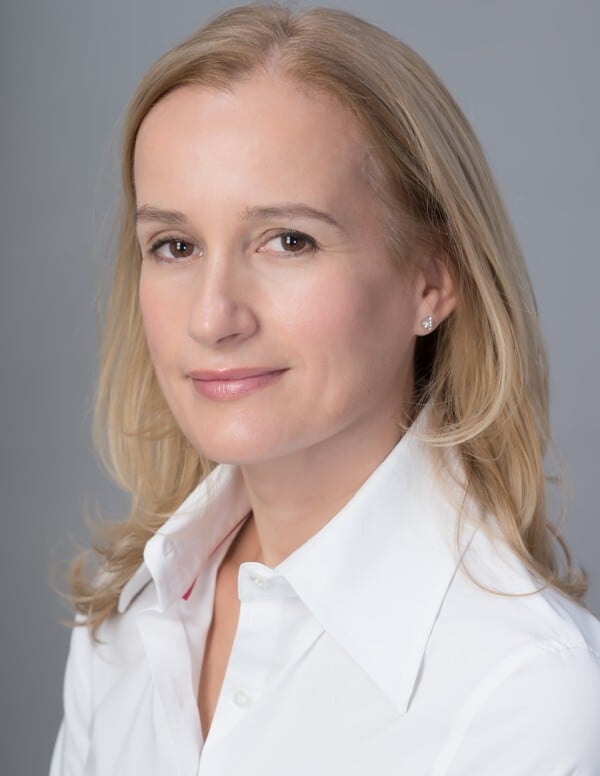
Hong Kong-listed firms could take 140 years to reach gender parity on boards at current rate, study finds
- At current organic growth trajectory, Hong Kong-listed companies will reach gender parity ‘in the year 2161’
- Study comes as city works on quotas for women on boards of all listed companies
It could take 140 years for Hong Kong’s top listed companies to reach gender parity as far as their boards of directors were concerned, according to a study.
“If board diversity continues on its current organic growth trajectory – 2.4 per cent every nine years – we will reach gender parity … in the year 2161,” Jane Moir, the association’s research director for Hong Kong and Singapore, told its annual conference on Wednesday. Members of the association, which was set up in 1999, include investment managers overseeing more than US$36 trillion in assets globally.
The proposal, which aims for the city to catch up with gender diversity efforts elsewhere, also seeks for all new listing candidates to have at least one woman on their boards at the time of going public.

Existing listed entities will be given three years to comply. The stock exchange also wants mandatory disclosures on progress towards companies’ numerical targets and timelines with regard to gender diversity at the board level and across their workforces.
Of the top 100 companies in Hong Kong, 17 had men-only boards as of last month, the study found. Across the city’s stock market as a whole, the figure was 37 per cent last year, not much improved compared to the 40 per cent recorded in 2012 based on MSCI data, Moir said.
Hong Kong-listed companies added women to boards in 2020 at highest rate in four years
Jiangsu province-based Hansoh Pharmaceutical Group stood out – four of its seven board members were women. Meanwhile, women’s representation on the board of directors stood at 44 per cent at JD Logistics, and at 43 per cent at Great Wall Motors. Italian luxury fashion house Prada, which is listed in Hong Kong, was the only company among the top 100 to have a chief diversity, equity and inclusion officer.
“Hong Kong investors tend to let companies get away with a lot of things when it comes to diversity, and there is not the same push that you get in other markets,” Moir said. Even soft quotas that incentivise the attainment of targets could make a difference, she added, pointing to their success in the United Kingdom, which had reached 34 per cent female board representation as a result of such a policy.
Adriel Chan, the vice-chairman of Hang Lung Properties, told a separate panel at the conference that he wanted women to one day make up half of the company’s board, which currently only had one woman director.
Gender diversity critical to good business, Hong Kong’s 10 top female financiers say
“It’s not as simple as kicking out half of the men [on the board]. It could be, but you would risk a really big dent in the effective operation of the board that way. It has to be a transition,” he said.
“There is a big pool, but there does have to be a little bit more training, and a little bit more exposure for women in the industry. Gender diversity is a proxy for diversity of thought. You don’t want a board where everyone thinks the same way,” he added.



